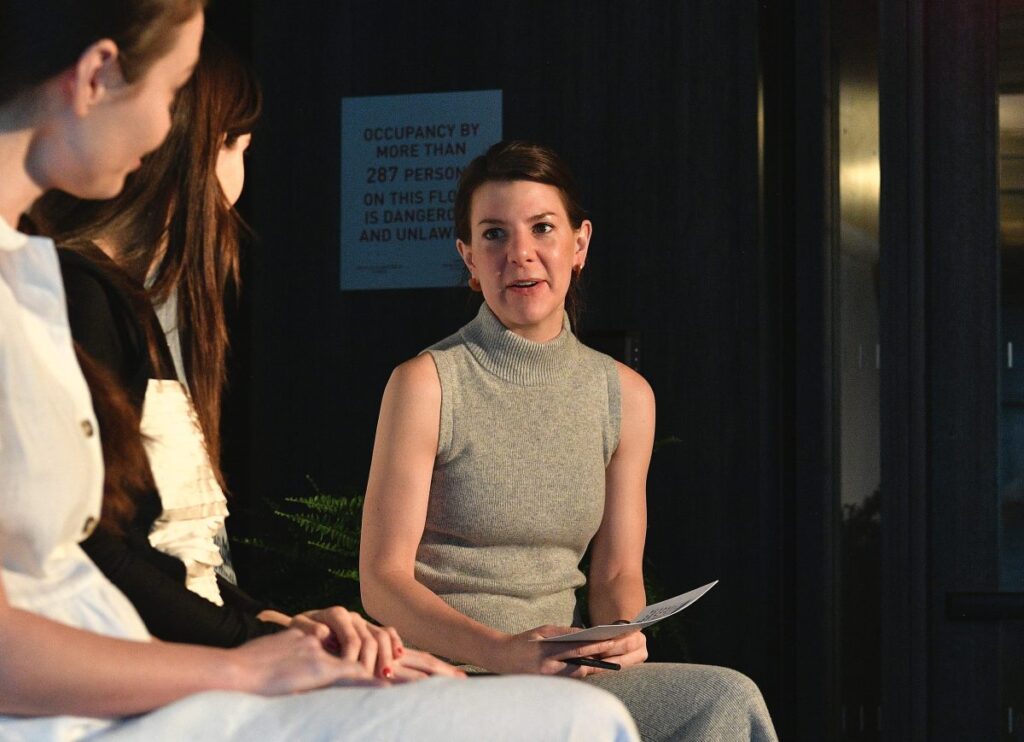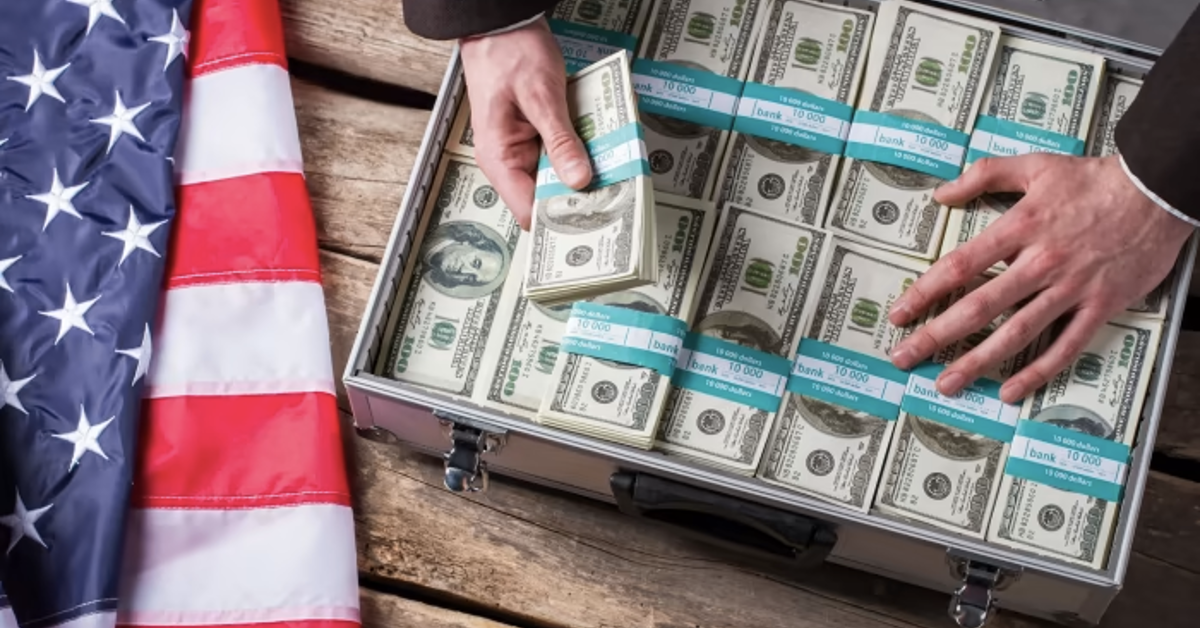A New York Magazine financial columnist, Charlotte Cowles, recently revealed that she fell victim to a $50,000 scam orchestrated by an individual masquerading as a CIA agent. Cowles recounted the incident in an essay titled “The Day I Put $50,000 in a Shoe Box and Handed It to a Stranger,” published in The Cut on February 15, sparking widespread online discussions about scams.
In her narrative, Cowles detailed a phone call from an alleged Amazon customer service agent, alerting her to fraudulent activity on her account. Despite her inability to identify any irregularities, she was connected to an investigator claiming to be from the US Federal Trade Commission (FTC). This individual, identifying as Calvin Mitchell, possessed alarming details such as her Social Security number, Brooklyn address, and the names of her family members, including her two-year-old son.
Mitchell painted a dire picture, asserting that Cowles faced imminent danger with 22 bank accounts, nine vehicles, and four properties registered under her name. He further alleged that her accounts facilitated the transfer of over $3 million overseas, leading to warrants for her arrest related to cybercrimes, money laundering, and drug trafficking.
Under the guise of protecting her assets, Mitchell transferred her to someone claiming to be a CIA agent named Michael Sarano. Sarano instructed Cowles to withdraw $50,000 from her bank account to freeze her assets. She was directed to place the cash in a shoe box, seal it with tape, label it with her name, case number, address, a locker number provided, and her signature, and send him a picture of the box.

Later that evening, an individual posing as an undercover CIA agent arrived at her Brooklyn home to collect the shoe box filled with $50,000 in cash. Subsequently, Cowles received a photo of a Treasury check for $50,000, with promises of a physical copy being hand-delivered the next morning. When she attempted to schedule an appointment with the Social Security office for a “new Social Security number,” a voice on the phone claimed that Michael was busy and would call her the following morning.
Realizing she had fallen victim to a scam, Cowles confronted the fraudsters, expressing her sense of violation and mistrust. She considered keeping the incident a secret due to concerns about damaging her professional reputation.
Since the essay’s publication on February 15, it has garnered significant online attention. Social media users engaged in debates on the ease or difficulty of falling for scams, with NBC reporter Kat Tenbarge defending Cowles, emphasizing the emotional turmoil during such situations. Discussions also revolved around educating people on recognizing scam warning signs rather than adopting a defeatist attitude.
In 2022, the FTC reported that young adults were 34% more likely than older adults to report monetary losses to fraud. The latest data from 2023 indicated that US adults lost a record $10 billion to fraud, encompassing scams related to investments, business decisions, romance, and government services. Scams impersonating government officials and services, akin to Cowles’ experience, witnessed a 15% increase from 2022 to 2023.








